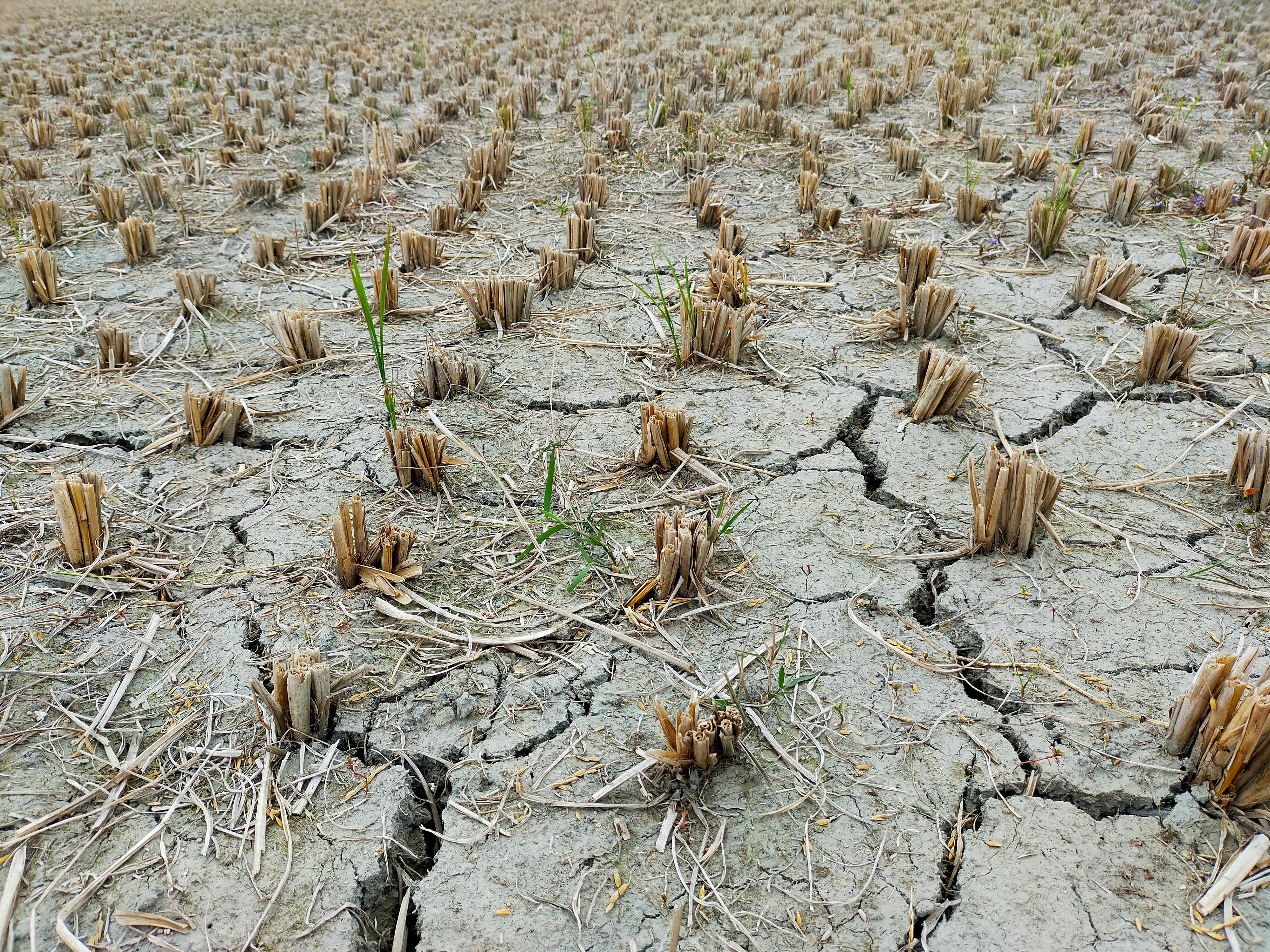
The 2022 Global Report on Food Crisis, jointly produced by the UN Food and Agriculture Organisation, the European Union, and the World Food Programme, estimates that around 193 million people suffered from acute food insecurity in 2021, a number that shows food shortages and hunger are growing at an “alarming rate.”
The figure, recorded in a report from the United Nations, marks an increase of 40 million people from the previous year, and the situation is only expected to worsen through 2022 due to the war in Ukraine. Conflict, in fact, was the primary cause of food shortages and hunger globally, impacting 139 million people in 24 countries in 2021.
While severe food scarcity, the report notes, is caused by a nexus of various factors, the two most important secondary causes of food shortages were the economic effects of the COVID-19 pandemic and extreme weather. Some regions suffered “a toxic triple combination” of bad weather, COVID-19, and conflict.
Africa is the continent that suffered the most from a lack of basic sustenance, and the only continent in the study with catastrophic levels of food scarcity, the highest category. Since it imports both agriculture inputs, such as fertilisers, and agriculture staple products, such as grain, from Russia, Africa anticipates further hardship.
Approximately half a million people on the continent faced a food shortage catastrophe in 2021. Most of them were in Ethiopia, where 409,000 people starved. South Sudan, Yemen, and Madagascar also suffered catastrophic levels of food shortages.
The Democratic Republic of the Congo, Afghanistan, northern Nigeria, Sudan, Pakistan, and Haiti also faced “crisis” and “emergency” levels of food shortage. Syria, too, is among the ten hardest hit countries in the world in terms of food deficits. According to the UN’s report, 12 million people in the country are facing moderate to severe food insecurity. Millions of people in Mali also spent 2021 in a state of food crisis.
The report also forecasts that Somalia could suffer the worst food crisis in 2022, if more frequent rain doesn’t break the current pattern of drought.
The European Conservative reported several months ago that due to continued economic sanctions, the situation in Syria was more desperate now than at the height of the civil war. Many Syrians suffered through the winter not only low on food but also with a minimum of heating.
“Today, if more is not done to support rural communities, the scale of the devastation in terms of hunger and lost livelihoods will be appalling,” the UN report stated.It called for $1.4 billion in aid to help farmers in the regions at risk.
